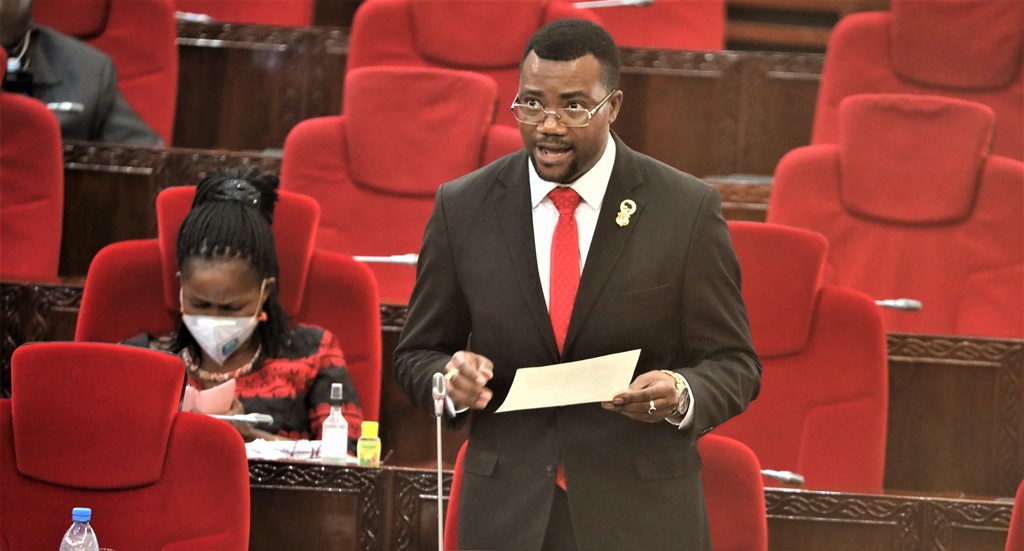AfricaPress-Tanzania: THE government has announced that stern measures to control illegal fishing and disputes between farmers and pastoralists have significantly increased the contribution of the sector to the country’s economy.
At least 392,933 tonnes of fish worth over 1.85trn/- were fished between July 2019 and March 2020, further cutting imports of fisheries to 8.18tonnes worth some 161m/-.
The volume of fisheries imported were 7,760.12 tonnes valued 15.31bn/- during the financial year 2018/19.
Illegal fishing activities in the Lake Zone that account for 64 per cent of the total volume of fisheries exported has seriously affected the sector as fishing of premature Nile Perch has listed a high record of 96.6 per cent.
The level of Nile perch reached 3 per cent and was at the brink of extinction.
Minister for Livestock and Fisheries Development Luhaga Mpina told the Parliament when tabling the ministry’s 66.8bn/- budget estimates and expenditure for the financial year 2020/2021 that illegal fishing had decreased by 80 per cent in freshwaters and 100 per cent in the Indian Ocean across the country.
The minister said the government’s plans to revive the Tanzania Fisheries Corporation, TAFICO, was in progress and it is planning to buy long-liner, purse-seiner and territorial waters fishing vessels in the 2020/21.
“The plan also includes building a fish processing plant, an ice-making plant and a cold storage facility. The ministry has also put in place plans for an aquaculture project that includes cage fish farming in the Lake Victoria and Indian Ocean,” he said, adding: “Other activities will include pond fish farming, fish hatchery and a fish feed plant.”
Moreover, the minister said the government was working with an Italian firm, M/S Sering Ingegneria, to finalise a feasibility study for establishing a special fishing port.
Three areas, however, Mbegani-Bagamoyo, Kilwa Masoko and Lindi, have been shortlisted for the project.
With the government working hard on the fishing industry, Members of Parliament were of the view that the government must intensify a similar approach in the livestock sector where imports of milk and beef remained relatively high despite massive livestock in the country.
The minister said over 243.65tonnes of beef worth over 4.06bn/- was imported from Kenya, South Africa, Belgium and England.
The volume is slightly lower to 516.63 tonnes worth 4.9bn/- imported during the fiscal year 2018/19. Mr Mpina stressed that imports of beef and other livestock products had decreased by 90 per cent.
He said the government was working on the improvement of infrastructure that will ensure the quality of beef and milk produced met national and international standards.
He further noted that the ministry was working on the review of some legal frameworks and regulations that stakeholders find outdated.
Local production of beef increased to 701,679.1 tonnes in 2019/20 from 563,086 tonnes in 2013/14.
Milk and eggs production also rose to 3.0billion litres and 4.05billion from 1.99 billion litres and 3.89billion respectively during the year under review.
In addition, there are at least 99 dairy products processing plants with a daily capacity of 865,600 litres from 27 regions.







